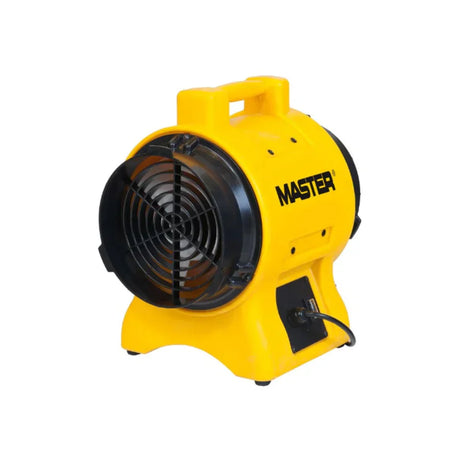
How to Clean an Extractor Fan? | In-depth Guide for You
If you’re facing unusual smoke or condensation in your home, there’s a chance that your extractor fan is out of order. Or it can be too clogged, causing poor air...
Brandix Soft |
Whether it’s a home office, a corporate setting, or a manufacturing floor, a well-ventilated workspace is essential for both health and productivity. Good ventilation not only keeps the air fresh but also removes contaminants, reduces allergens, and can even boost mental clarity. Let’s dive into why it’s important to ventilate your workspace and how it can have a significant impact on well-being, comfort, and work performance.
Workspaces, especially those in closed environments, can quickly accumulate indoor pollutants. These include dust, volatile organic compounds (VOCs) from office supplies, and carbon dioxide from people breathing. Without ventilation, these contaminants build up, potentially leading to poor air quality that can cause headaches, fatigue, and even respiratory issues. Proper ventilation introduces fresh air and removes stale, polluted air, which helps maintain a cleaner and healthier workspace.
In shared workspaces, germs and viruses can spread quickly, especially during cold and flu seasons. Without ventilation, airborne particles and droplets carrying germs can linger, increasing the likelihood of illness spreading. Adequate ventilation dilutes these particles and replaces the indoor air with fresh, filtered air, making it harder for germs to accumulate and reducing the risk of coworkers getting sick.
An overly humid or dry workspace can lead to discomfort and impact both health and equipment. Excess humidity can make a room feel stuffy and encourage mold growth, while very dry air can cause skin irritation, dry throat, and even static shocks that may harm electronic devices. By circulating fresh air and controlling humidity, ventilation maintains a comfortable environment where employees can focus without distractions from discomfort.
Dust, pollen, and pet dander can accumulate in indoor spaces, aggravating allergies and causing symptoms like sneezing, itchy eyes, and coughing. These allergens can settle in carpeting, on surfaces, and in the air, creating an uncomfortable environment for those with sensitivities. Proper ventilation reduces allergen build-up by constantly refreshing the air, helping employees feel more comfortable and less likely to experience allergy symptoms at work.
There’s a noticeable difference between a well-ventilated space and one that feels stuffy and closed-in. Fresh air not only helps people feel physically better but also contributes to a positive atmosphere. Employees are more likely to feel energized, refreshed, and comfortable, which can improve morale and make the workplace a more pleasant place to be.
To ensure a well-ventilated workspace, consider these practical tips:
Ventilation is more than just a comfort factor—it’s a fundamental part of maintaining a healthy, productive, and enjoyable workspace. By prioritizing air circulation, you can significantly improve indoor air quality, reduce the spread of illness, boost concentration, and create an environment where everyone can do their best work. Whether it’s a simple fan, an open window, or a more comprehensive ventilation system, taking steps to improve airflow in your workspace benefits both your health and productivity in the long run.